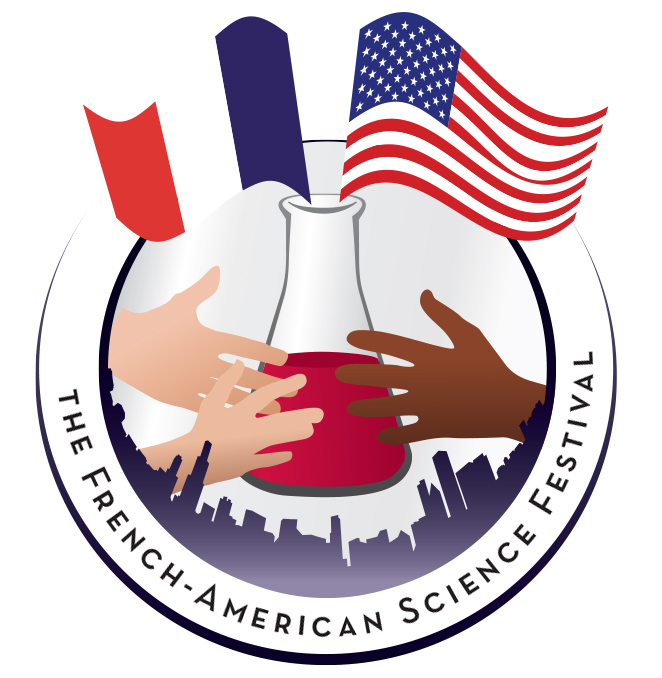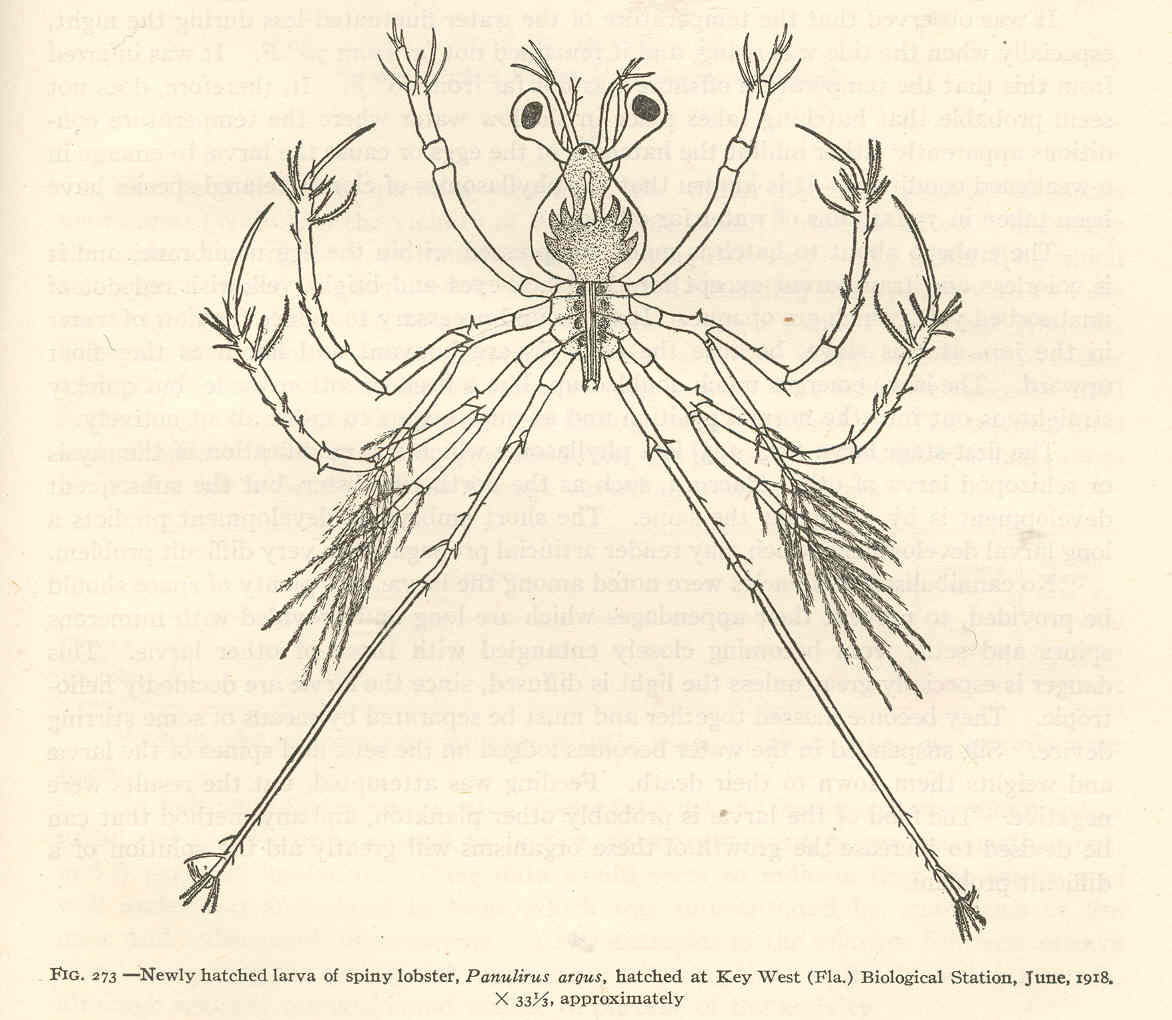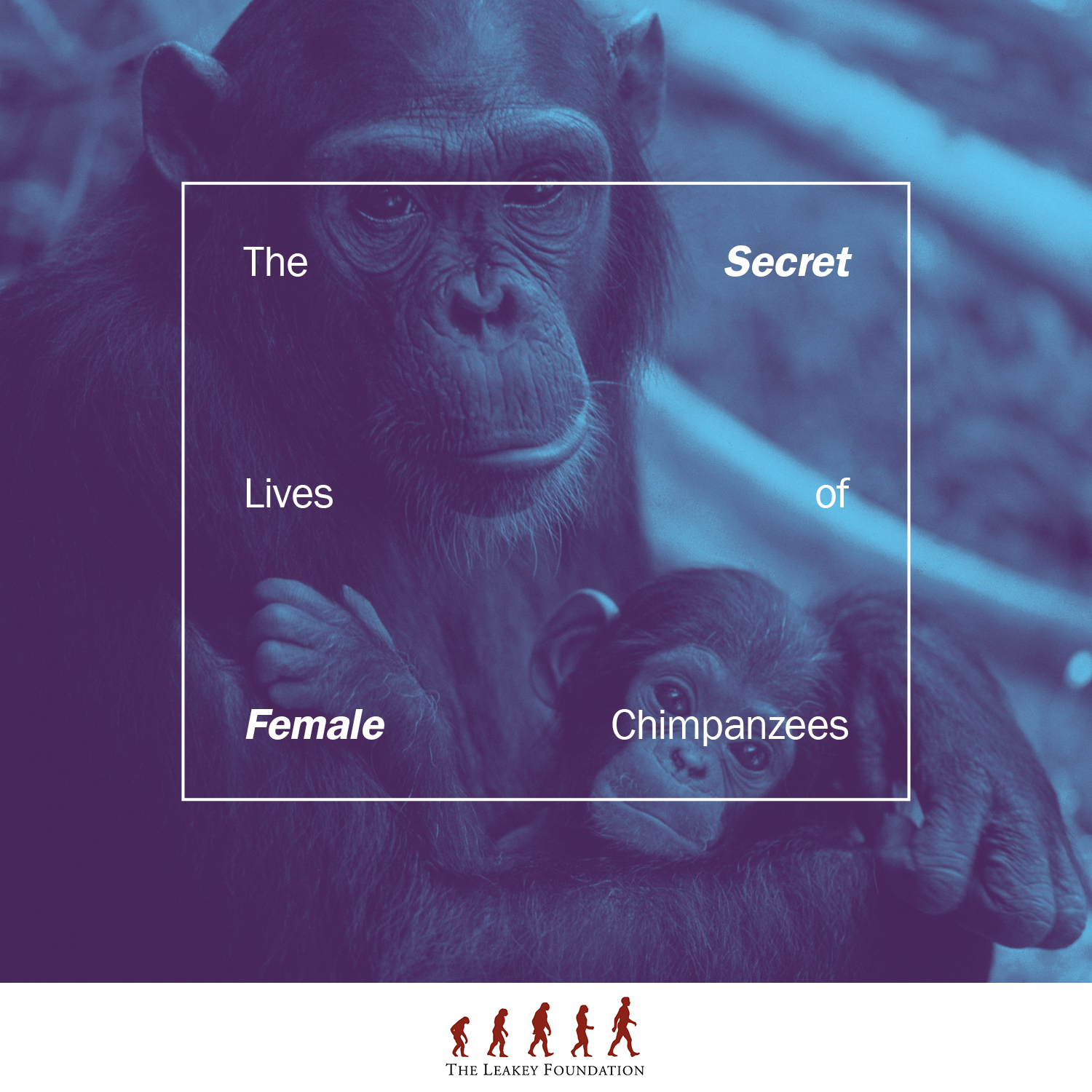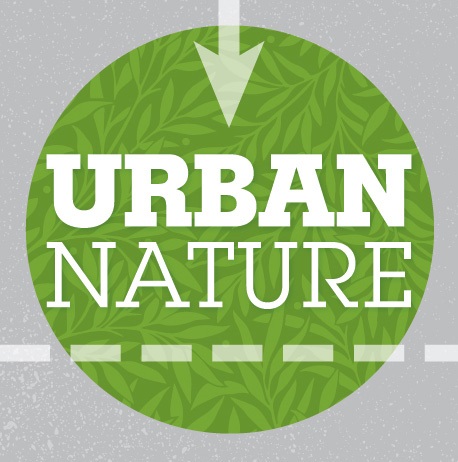Program Series: Life Science
The Life Science (LS) Series offers events that showcase advances in biology. Topics include how organisms change through time and interact with their environment, animal behavior, the brain, genetics, and technological advances in molecular biology and biotechnology.
Previous LS events have covered gene patenting, the BRAIN Initiative, chimpanzee behavior, dinosaurs, aquatic life, and antibiotic discovery, among other topics.
Distinguished speakers have included Neil Shubin, Ph.D., Professor of Organismal Biology and Anatomy at the University of Chicago, and host of “Your Inner Fish” on PBS; John Maunsell, Ph.D., Alfred D Lasker Professor of Neurobiology at the University of Chicago and the Director of the Grossman Institute for Neuroscience, Quantitative Biology and Human Behavior; and Katherine A. Barsness, M.D. M.S., Director of Surgical Simulation, Director of Surgical Outcomes Research Attending Physician, Ann & Robert H. Lurie Children’s Hospital of Chicago Assistant Professor of Surgery Director of Outreach, Center for Education in Medicine, Department of Medical Education Northwestern University Feinberg School of Medicine.

Sixth Edition: Plant Biotechnology and Astrophysics in the Spotlight
As part of the French Innovation Week organized by the Consulate General of France, the French-American Chamber of Commerce in Chicago, Business France and the Alliance Française de Chicago, have organized the Sixth Edition of the French American Science Festival, to be held the first week of May 2017. Continue reading “French-American Science Festival 2017”

How do fish and other marine species find forever homes? How long do they remain drifters?
Adults spawn and release eggs that hatch into larvae that temporarily join the drifting communities of the open ocean, plankton. What happens from there is not easy to study–larvae are tiny; almost invisible, and the ocean is huge. Continue reading “Tales From the Sea: How do Baby Fish and Other Marine Species Find Forever Homes?”

Female apes are easily overshadowed by their larger, more boisterous male counterparts. Thus, the nature of female social relationships has been shrouded in mystery. The subtlety of social behavior in female chimpanzees belies a complex set of strategies that allow them to navigate the costs and benefits of group life.

Cannabis abuse during adolescence increases the risk of developing psychosis and prefrontal cortex (PFC)-dependent cognitive deficits later in life. The CB1 cannabinoid receptor has long been known to mediate the psychoactive effects of cannabis, yet the mechanisms underlying such vulnerability remain unknown. Here, I will discuss data from my lab and others showing that long-lasting deficits in prefrontal functions can occur following repeated exposure to cannabinoids during adolescence. Continue reading “C2ST Speakeasy: “Cannabis and the Developing Brain” with Dr. Kuei Yuan Tseng”

The Rupununi region of Guyana is a mix of lowland savannas and tropical forests. The vast savannas include an expansive network of wetlands that connect the Guyana’s main river drainage, Essequibo River, to the Amazon River during the rainy season. This unique biogeographic feature influences fish communities of the area. One of the fish species found here is in dire need of protection. Continue reading “C2ST Speakeasy: “Saving Giants of the Amazon” with Dr. Lesley de Souza”
